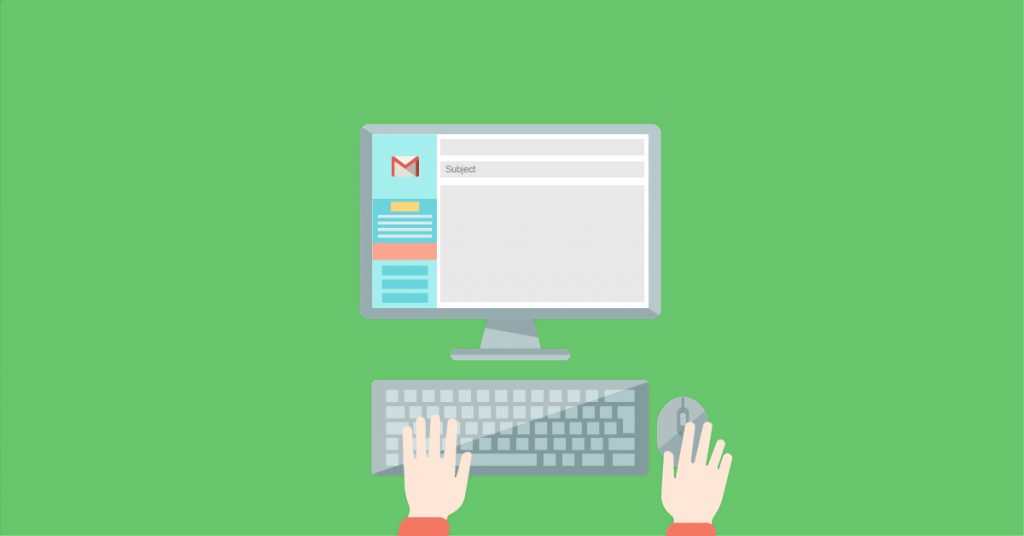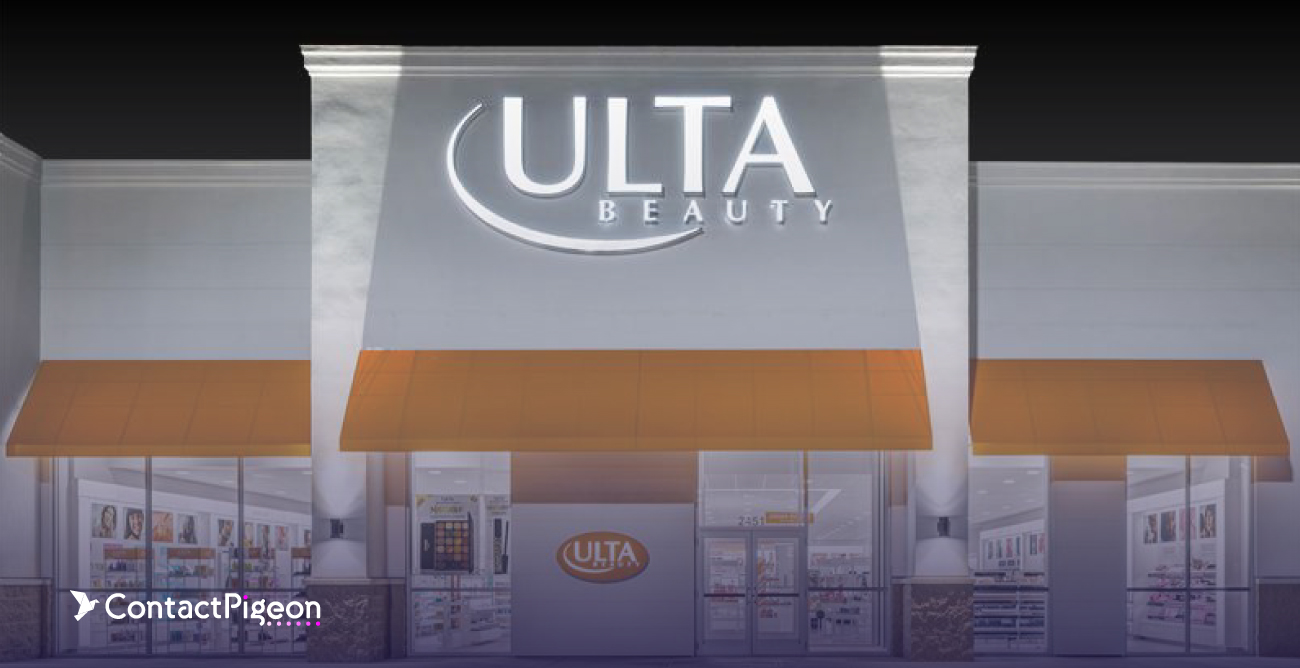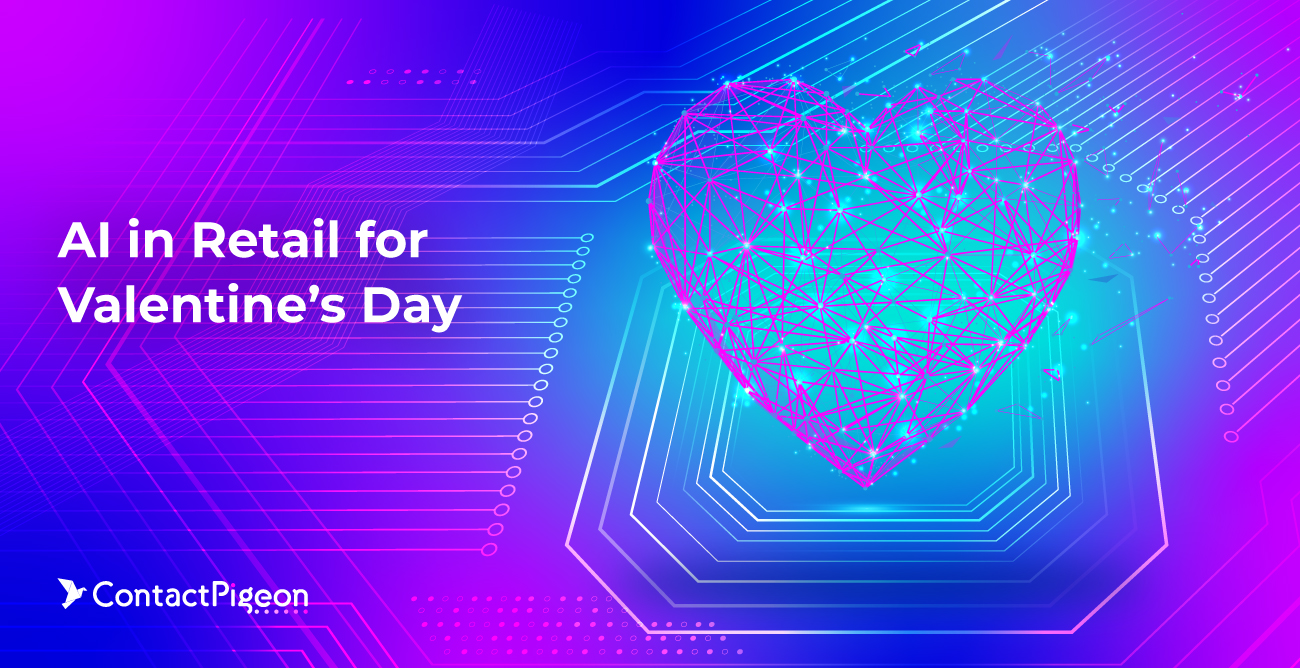The subject line of an email is a sentence or phrase that acts as the initial introduction to your audience. Think of it as the sexy “pick-up line”.
[bctt tweet=”It’s important to catch recipients interest in order to open your email and read further.” username=”ContactPigeon”]
Digital marketers and e-commerce managers, especially those early in their careers, have definitely come across the “Subject Line Dilemma” ?
It’s commonly characterized by writer’s block with symptoms such as the intermittent state of nervousness, confusion, and frustration as you stare at that blank text field next to the label: Subject.
[bctt tweet=”33% of the recipients decide whether to read an email based on the subject line.” username=”ContactPigeon”]
In email marketing, the subject line determines the open rate, one of the success metrics an email campaign is judged upon.
While the context of the email changes how the subject line should be written, there are a few general guidelines around what makes a good subject. Top performing email subject lines share one or more of the following qualities:
- Curiosity – ignites a sense of curiosity and interest
- Relevant – the topic is of interest to the intended audience
- Personalized – come across as personal and human
- Urgency – prompts the recipient to take action right away
Now without further ado, we present 6 tips to catchy email subjects for e-commerce.
Keep it short (and correct)
“Brevity is the soul wit”
William Shakespeare
The same should be applied to subject lines (and email content too). It should be short, witty, and to the point in order to fully capture the attention of the reader.
Plus, it has a more tactical implication in our mobile prevalent world. Given that more than 40% of email campaigns sent are opened on a mobile device first, a long subject line will be certainly cut off. Of course, remember to always spellcheck your titles and taking advantage of the correct use of punctuation marks.
We suggest limiting the subject line to 50 characters or under for optimized mobile experience.
Personalize your message
It’s much easier to grab someone’s attention if you address them directly by their names or include phrases that recipients can easily identify with (e.g., an organization they are part of, the city they reside in, or even a product they have recently viewed).
This is commonly used in sales psychology with great results. At ContactPigeon , we have noticed that emails with personalized subjects have fared significantly better (close to 3x) the open rate than more generic versions! You can read more about the importance of personalization in our previous article.
Examples of personalized subject lines:
- Hi Steve, have you checked our latest iPhone covers?
- Tracy, your hand-picked events here in New York city
Send relevant email using segmentation
Many e-commerce businesses have made the same mistake without even knowing. They have one mailing list to which they send all campaigns or newsletters.
This approach makes it extremely hard to be targeted in your message to a specific group of recipients, resulting in one generic email to everyone.
A better approach is to segment your contacts based on a set of characteristics (e.g., gender, area of interest) and craft specific messages or offers to each of the groups.
For example, if your e-shop sells apparel, you can send promotional email on dresses to the female customers who recently have browsed a dress but not yet purchased one.
Examples of targeted subjects:
- New Book by Your Favorite Authors
- Nothing but Cashmere? Now it’s 30% off!
Make them feel special
No matter our age, there is a part of us that craves attention and desires to be pampered. It’s human nature.
Premium shops and department stores are really great at creating an environment where customers feel special.
How do you replicate that with email campaigns? Aside from personalizing the message, you can use keywords to incite the feeling of exclusivity for your recipients. Beauty franchise, Sephora, has gotten really good at doing this for its VIP customers.
Examples of the headlines are:
- A little bit of luxury, just for you
- … open your birthday gift early
- You asked, we delivered
Create a sense of urgency
When a potential customer is close to a buying decision, adding a sense of urgency serves as a strong catalyst to propel that decision forward. Studies have shown that creating a sense of urgency has a 22% higher conversion rate.
There are two types of urgency – real and implied. Real urgency is when an offer expires in a specific timeframe (e.g., in 24 hours), after which it will no longer exist. Implied urgency is when you use keywords like “now” and “today” to nudge readers to take action.
While real urgency is typically more effective, it may be hard to implement it into every offer you do. In this case, you can replace with implied urgency.
Examples of headlines with urgency:
- Flash sale, ends in 12 hours!
- Get your favorite product now before it runs out
- Simple tips to increase your conversion rate today
It’s all about timing
Use special occasions to your advantage. There are a number of holidays in e-commerce that drive a seasonal peak in sales.
Suggesting gift ideas and offers fitting to the occasions at the right time can be very effective in driving interests from customers.
For example, sending a promotional email two weeks ahead of Valentine’s day with the headline “Find the Perfect gift for your Valentine’s sweetheart” can appeal to those who are brainstorming ideas for the upcoming holiday.
Another email “Are you ready for Valentine’s day?” sent 2 days ahead can be appealing to those who may still need a last minute gift. Similarly, personalized occasions such as birthdays, anniversaries are also great ways to utilize the timing factor.
Wrap-up
As you plan your subject line you choose to go with, we suggest you experiment with a few of the above elements and various wording to find the optimal headline with the highest open rate for your target audience.
Try it to get more buzz, open and clicks on your next email campaigns.
Have you come across any email headline that you fell in love with lately? Share it with us in the comments. We would love to know! ✌
[cta id=”1284″ vid=”0″]




